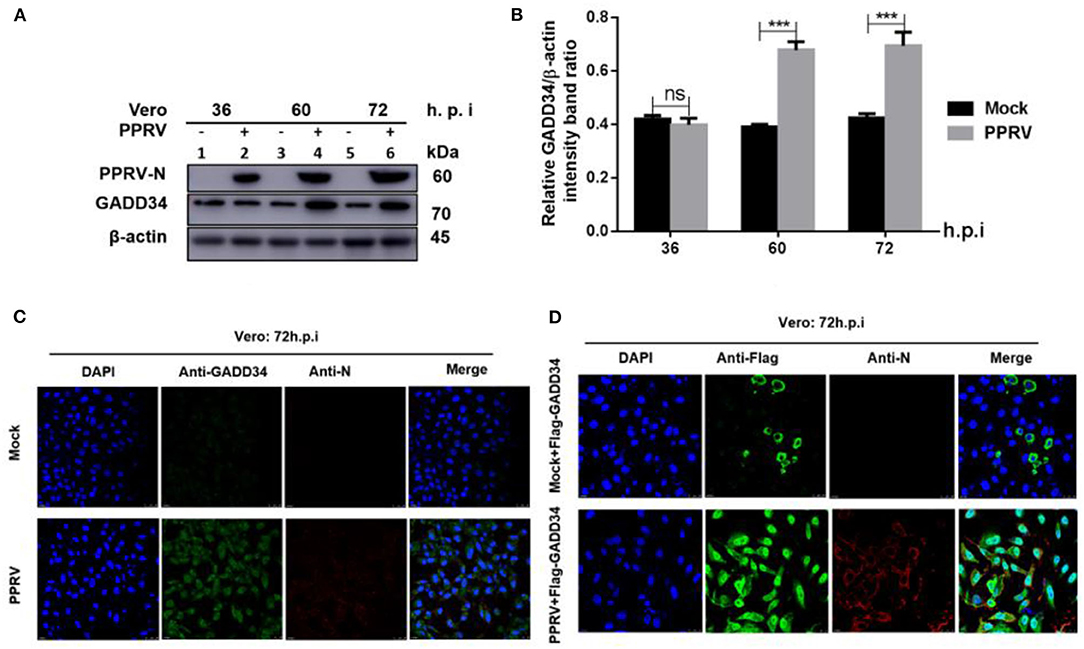


\tests\tests.ps1 then some of the Mocks don't work (many do). If I execute my tests with invoke-pester.
#Pester mock update#
I'm using Version 4.10.1 (controlled by my employer and I can't update it). Pester tests can execute any command or script that is accessible to a pester test file.
#Pester mock code#
Maybe I can take another look in few days, and try it out to see what you are trying to do and what is actually happening :) Pester provides a framework for running BDD style Tests to execute and validate PowerShell commands inside of PowerShell and offers a powerful set of Mocking Functions that allow tests to mimic and mock the functionality of any command inside of a piece of PowerShell code being tested. To me the solution provided with ModuleName is valid and should work, and that it works the other way is accidental because you are importing the module multiple times. It is most definitely a session state related "issue". And running it with powershell will run it in a different process, so if the executed script is not self contained it will not work anyway. will import it to the current scope, running it with & will run it in child scope, but child scope still can see all the functions and aliases in the parent. The problem should not be related to child scopes, running it with. Then the dot-sourcing or invoking of the test script should not have much effect, because you are doing that with the test script and the test script is pretty self-contained. The session state from which the call is made is where you should mock the command for the mock to work correctly. That means that the original command is picked up, instead of the alias. Are you both able to replicate / not replicate this in clean session?įrom what I see the original example does not work because the mock places the function and alias outside of the module, but the call is made from the inside of the module. I think has problem replicating the successful tests because this has a lot to do with scopes and session states, so maybe there is something that has imported that does not have. Sorry I can't be much more help - you might need one of the project owners to response for a more comprehensive response. The call operator executes in a child scope. The call operator, also known as the "invocation operator," lets you run commands that are stored in variables and represented by strings or script blocks. Re the call operator, it looks like this creates a new child scope to execute the command in, so that might explain why it behaves the way it does. ".\go.ps1" works with the "using dot-sourcing" example, probably for the same reason the others do). However, in the failing examples above the Pester-created function and the alias are in a different scope so the normal function definition gets called instead. "PesterMock_cbaa9725-8267-4c27-8605-6a94eaf92de7" which ultimately calls your mock script block, and it then generates an alias for the function you're mocking which resolves to this function. To implement a Mock, Pester creates a randomly-named function in the appropriate scope (e.g. It definitely looks like it's related to the child scopes, though. I've spent a couple of hours looking at this, and I think I've reached the limits of my ability to reason about PowerShell scopes, and I'm not sure I can really shed much more light on this I'm afraid :-S.


 0 kommentar(er)
0 kommentar(er)
